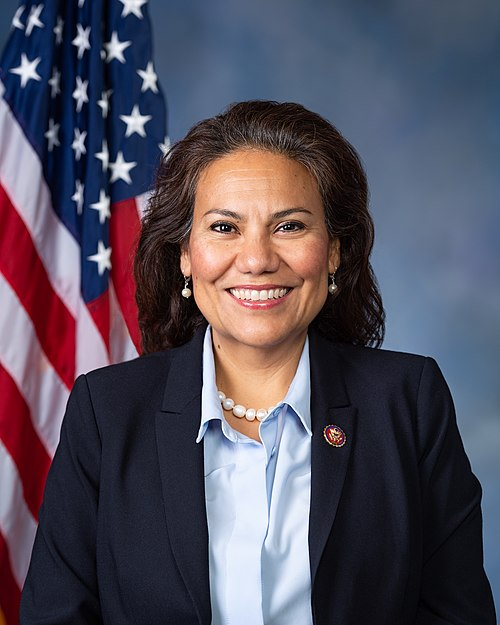H.R. 2996: Climate Adaptation Plan Act of 2025
The Climate Adaptation Plan Act of 2025, also known as the CAP Act of 2025, aims to establish a grant program facilitated by the Environmental Protection Agency (EPA). This program is intended to assist specific entities in developing comprehensive climate adaptation plans. Here is a summary of the key components of the bill:
Grant Program Establishment
The EPA Administrator is required to create a competitive grant program within one year of the bill's enactment. This program will provide financial resources to eligible entities to develop their climate adaptation plans.
Eligible Entities
The bill defines eligible entities as:
- Local governments
- Agencies or instrumentalities of local governments
- Governing bodies of federally recognized Indian Tribes
- Authorized Tribal organizations or Alaska Native villages or organizations
Application Process
To qualify for a grant, applicants must provide a variety of information, including:
- Proof of representation of a low-income community
- Evidence of experience in climate risk assessments or plans for hiring qualified individuals
- Demographic data regarding their population, including size, income levels, race, education, and employment sectors
- Details on the necessity of a climate adaptation plan
- Information on adverse effects of climate change they are facing or could face
- Strategies for engaging stakeholders in the planning process
- Identification of the plan's project lead and potentially a third party for assistance
- A timeline for developing the adaptation plan
- Actions to inform environmental justice communities about the planning process
Plan Requirements
Climate adaptation plans developed with grant funds must include:
- An assessment of the climate change risks to the population served by the entity, considering demographic factors
- An assessment of risks to local ecosystems
- An assessment of risks to housing, infrastructure, and public buildings
- A description of actions to mitigate the identified risks
Prioritization and Matching Requirements
The EPA will prioritize applications from entities that serve environmental justice communities. Additionally, there is no requirement for matching funds from grant recipients.
Collaboration and Integration
The EPA will issue guidance for implementing the grant program with input from a variety of stakeholders, including youth, farmers, NGOs, the scientific community, trade unions, businesses, Indigenous groups, and local governments. Furthermore, applicants are encouraged to integrate their climate plans with existing local plans, like hazard mitigation and economic development plans.
Definitions
Key terms defined in the bill include:
- Administrator: Refers to the Administrator of the EPA.
- Climate Adaptation Plan: A framework for measuring and reducing greenhouse gas emissions and adopting climate change adaptation measures.
- Environmental Justice Community: A community significantly represented by low-income or minority populations that experiences greater environmental or health impacts due to climate change.
- Low-Income Community: Defined as a census block group where 30% or more of the population earns annual household incomes at or below certain thresholds.
Relevant Companies
None found
This is an AI-generated summary of the bill text. There may be mistakes.
Sponsors
1 sponsor
Actions
2 actions
| Date | Action |
|---|---|
| Apr. 24, 2025 | Introduced in House |
| Apr. 24, 2025 | Referred to the House Committee on Energy and Commerce. |
Corporate Lobbying
0 companies lobbying
None found.
* Note that there can be significant delays in lobbying disclosures, and our data may be incomplete.
Potentially Relevant Congressional Stock Trades
No relevant congressional stock trades found.
